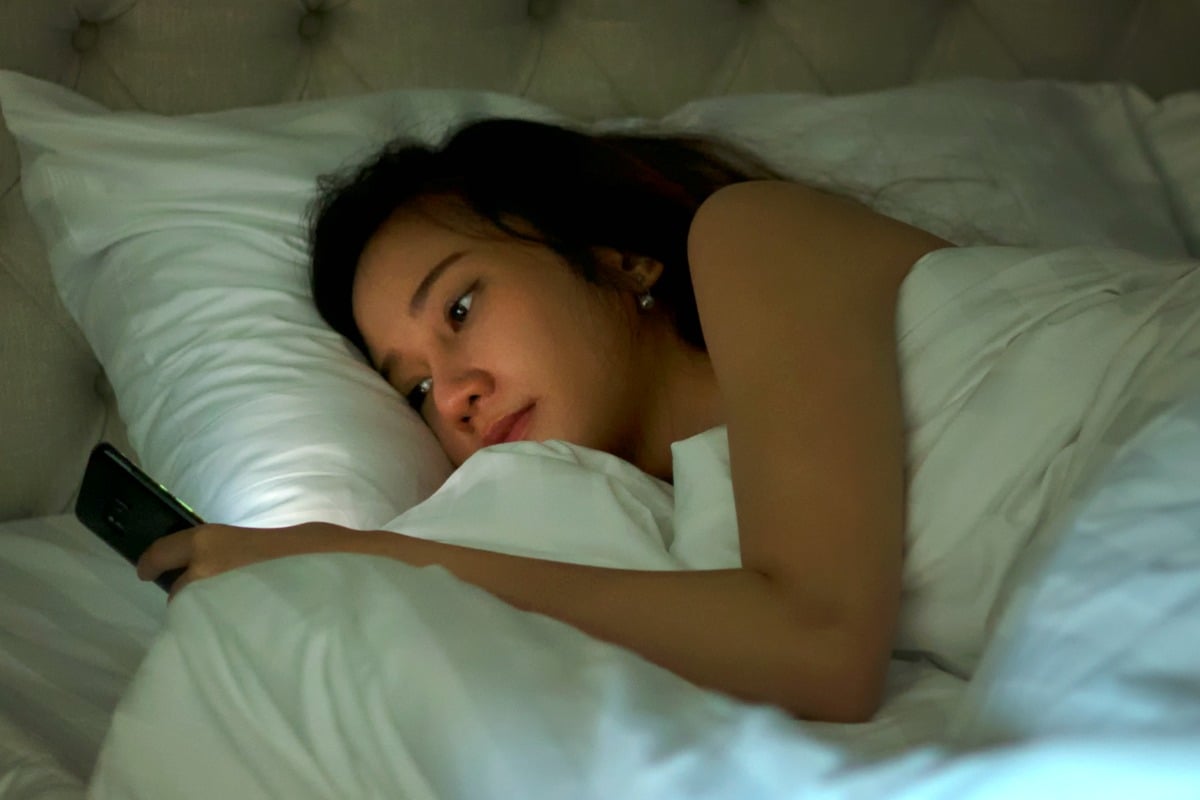
If there’s one thing all humans have in common, it’s being able to relate to the annoyance that is a sleepless night.
The tossing. The turning. The “OH MY GOD IT’S 4AM ALREADY”.
Yep. We’ve all been there.
For some, it’s an annual occurrence on the back of one too many coffees in the office after 4pm. For others, it is a completely debilitating battle every night (for these people, professional help is essential).
Regardless of where you sit on the sleeplessness spectrum, the truth is that we all want to sleep better.
We spoke to sleep psychologist Dr Liora Kempler from Integrated Sleep Health to find out exactly what you should and shouldn’t do if you wake up in the middle of the night, and how your habits during the day can affect the quality of your sleep at night.
The answers are surprising.
Firstly, Dr Kempler emphasises that everyone wakes up around twice every night, but that most people don’t remember.
“Everybody wakes up during the night, it’s a normal part of the sleep staging,” Dr Kempler explains.
She added that waking up in the night is a good thing, and that it’s essential from an evolutionary perspective to ensure you are still safe.
“I think one of the problems that arises is that people wake through the night and then think that they have a problem, and then they catastrophise when really it’s not a problem at all,” Dr Kempler explains.

Top Comments
Reading this, particularly the first tip, makes me wonder how much of this is supposed to work for someone with anxiety. So much of this seems to be about making yourself as bored as possible and it's very, very difficult for me to be bored. If I have nothing to focus my attention on, my mind wanders and I start worrying. Once I start worrying, it's incredibly hard for me to wind down and basically impossible without something else for me to turn my attention to.
It goes against the general wisdom on sleep hygiene but I use the TV to fall asleep and to fall back asleep if I wake up in the middle of the night. It just helps me turn off my brain.